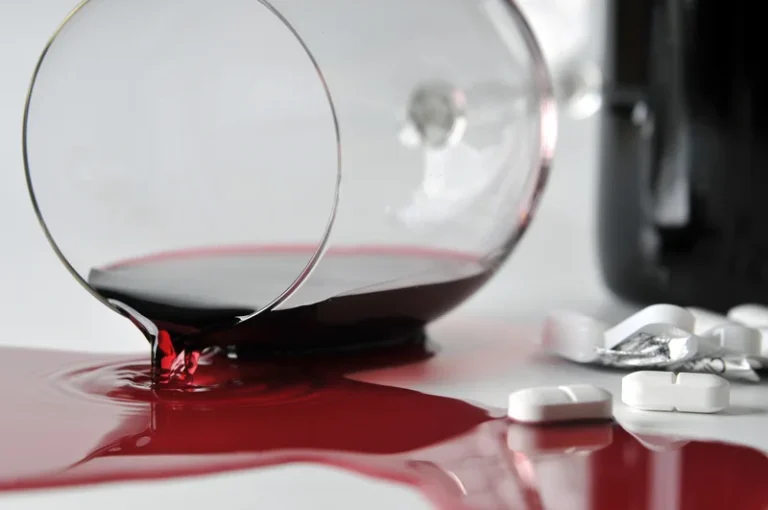
They are also usually given to small children instead of a nasal spray. Therefore, one can be taken as required if symptoms are mild, or come and go. One can also be taken regularly if symptoms occur each day. The only way to avoid beer allergy symptoms is to avoid drinking beer. While rare, yeast allergy can cause an allergic reaction in some people.
Nasal polyps
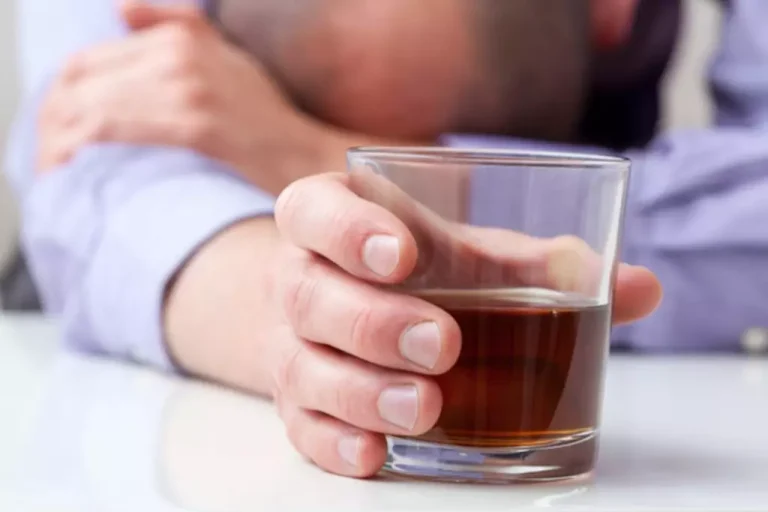
It’s pretty normal to feel ropey the day alcohol sneezing after drinking alcohol (especially as so many of the most popular hangover cures are actually myths, sorry). Booze can cause us to experience everything from headaches to nausea the morning after, and can also impact on mental health conditions, such as anxiety or depression, too. But what about if you feel funny while you’re still mid-drink? It could be a sign that you actually have an allergy, or an intolerance.
Alcohol allergy: all the signs to look out for (including going red when you drink)
The enzyme diamine oxidase breaks down histamine that people consume from foods and beverages. If people do not produce enough of this enzyme, they may not break down histamine efficiently, which may lead to intolerance symptoms. An alcohol allergy and alcohol intolerance are two different conditions. The immune system usually produces antibodies to fight harmful substances in the body.
Persistent allergic rhinitis
- Rarely, severe pain after drinking alcohol is a sign of a more serious disorder, such as Hodgkin’s lymphoma.
- This causes inflammation in your nose (rhinitis) and the typical symptoms developing.
- Common allergens in beer include gluten, histamine, sulfites, and yeast.
- Another technique is being developed which involves placing the allergen under the tongue.
- Genuine alcohol allergies, in which people only react to the alcohol, are much less frequent.
The symptoms of histamine intolerance are similar to an allergic reaction. For example, potential symptoms include red and itchy skin, nasal congestion, shortness of breath, abdominal pain, and diarrhea. The best treatment of allergies is to avoid the substance that triggers a reaction wherever possible.
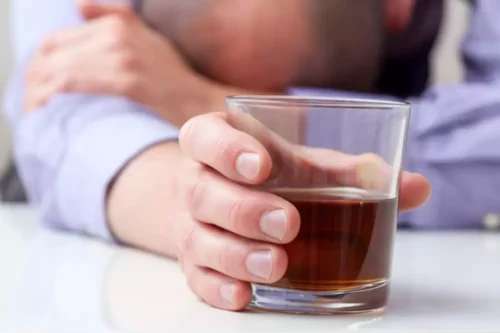
Everything we consume is broken down by enzymes in our bodies. While some foods are broken down in the intestines, others are digested in the stomach. Alcohol does not need to pass through the digestive tract in order to be digested; rather, it is absorbed directly into the blood stream.
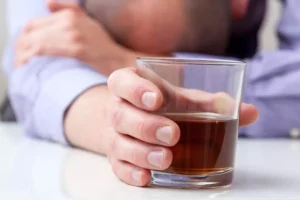
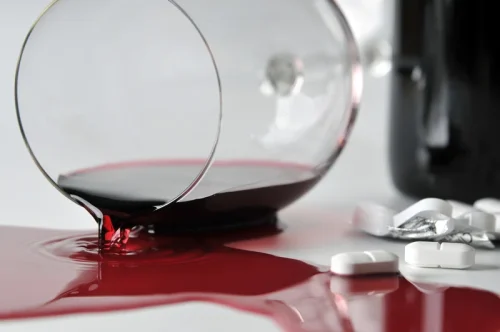
Research shows that older females are more sensitive than males to the effects of alcohol. This article is not intended to be a substitute for professional medical advice or diagnosis. Always seek the advice of your physician or other qualified health provider with any questions you may have regarding a medical condition. Wine contains proteins from grapes, bacteria, and yeast, as well as sulfites and other organic compounds. Other studies have found that egg whites and gelatin are often used in the filtration processing of wine.
- Alcohol intolerance is most common in people of Asian descent because they are more likely to have a genetic mutation that prevents enzymes from breaking down alcohol.
- A person may experience sickness after drinking alcohol due to an intolerance or sensitivity to an ingredient.
- Sometimes, if the cause of persistent rhinitis is unclear, or when the diagnosis is in doubt, your healthcare professional may suggest blood tests or skin prick allergy testing.
- Shaw says symptoms may affect the skin, breathing and circulatory system.
- If a person combines alcohol with certain medications, this may also cause a reaction.
- If you’re looking for a way to prevent sneezing when you drink, try making your cocktails with fresh fruit juices instead of using pre-made mixes.
- However, some people may experience allergy-like reactions after consumption.
- Likewise, if beer makes you sneeze, try drinking vodka or gin instead.
- People with alcohol intolerance react quickly to consuming alcohol.
However, a person is usually allergic or intolerant to certain ingredients in the drink, rather than the alcohol itself. An allergy or intolerance to alcohol is not always responsible for symptoms occurring after drinking alcohol. If someone has a true allergy to alcohol, they should avoid the substance entirely. People with alcohol intolerance could still consume alcohol, although they will likely experience side effects. Medications called antihistamines can help treat symptoms of a mild allergic reaction. The medication epinephrine, commonly called an EpiPen, can help treat a severe allergic reaction.
Leave a Reply